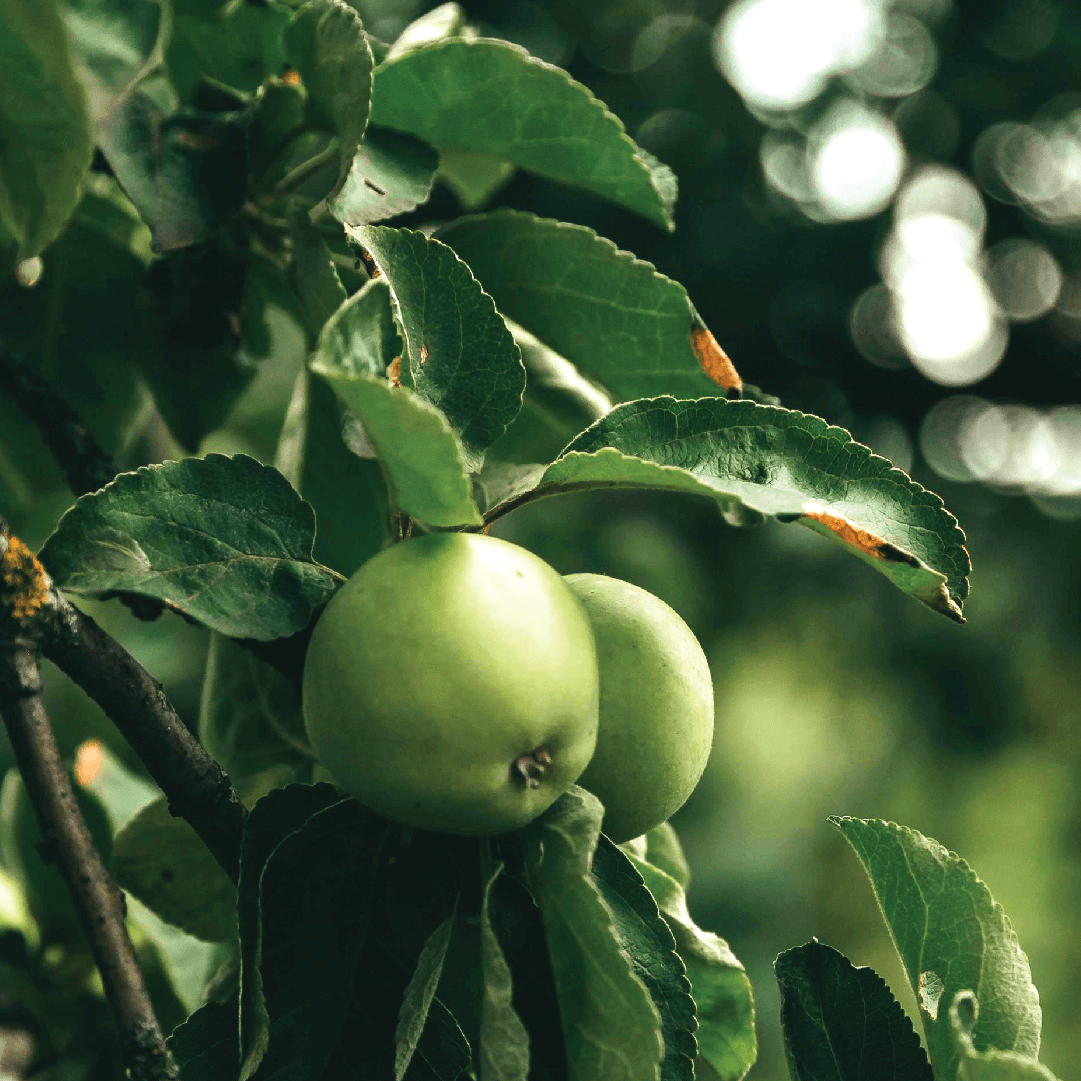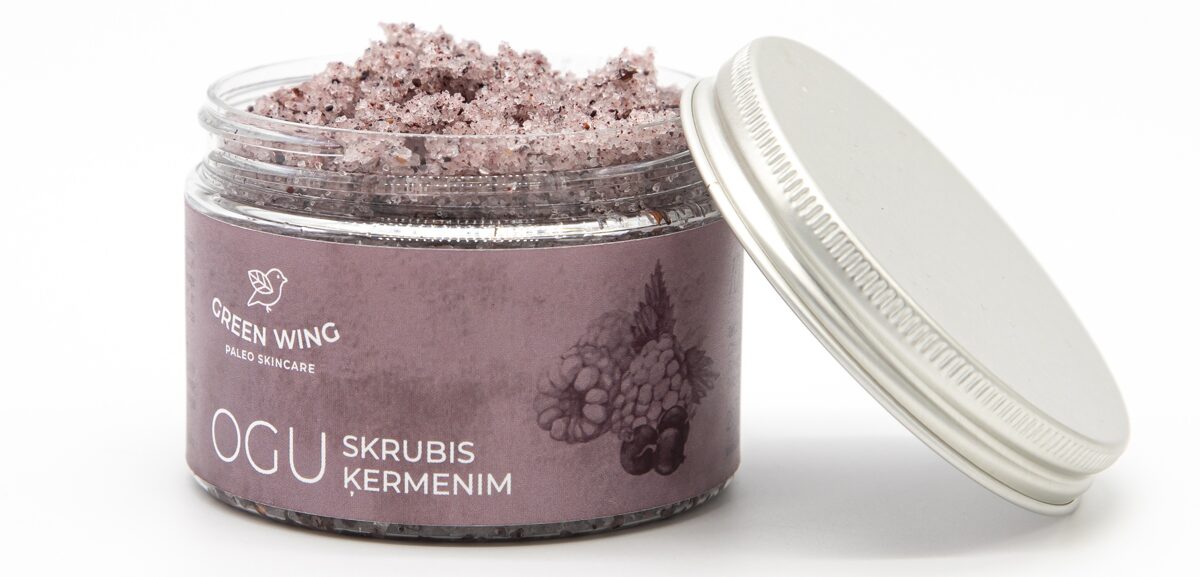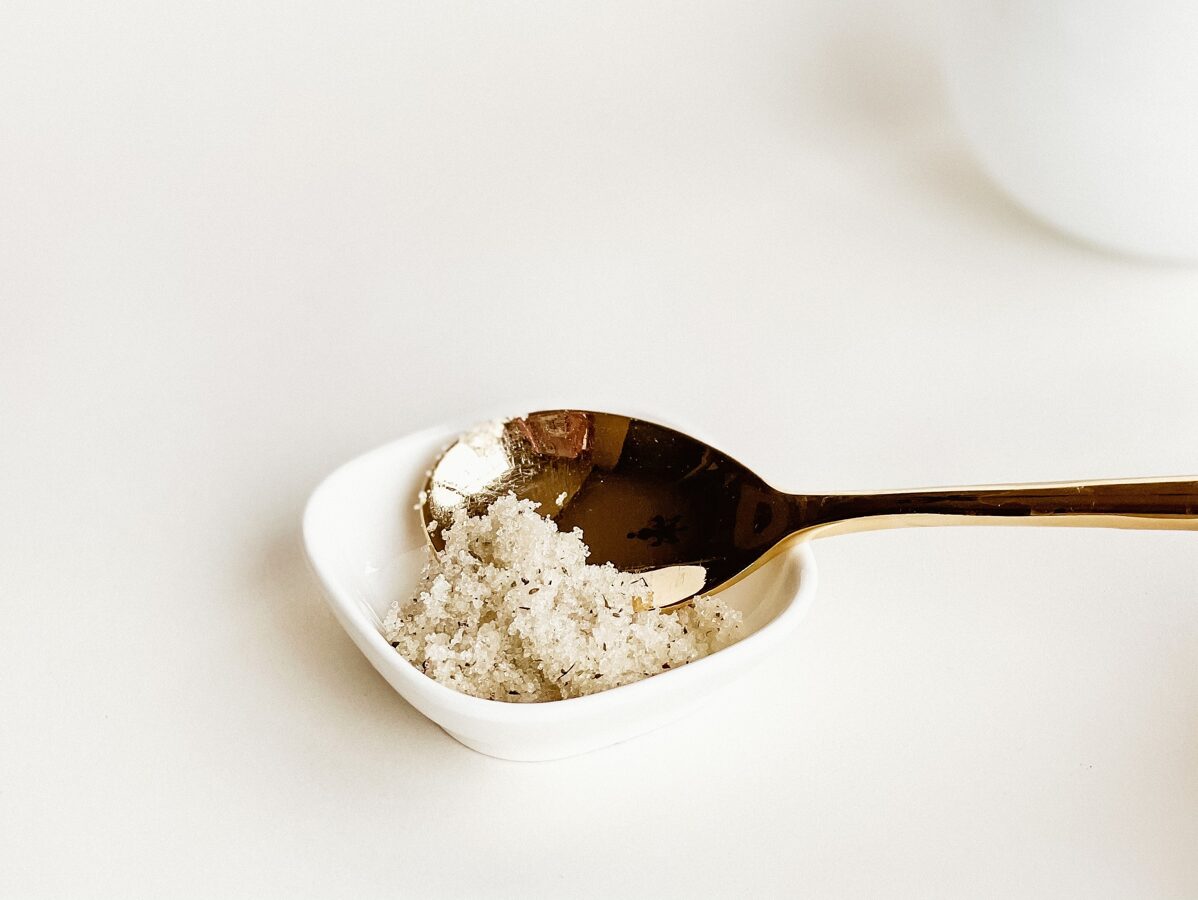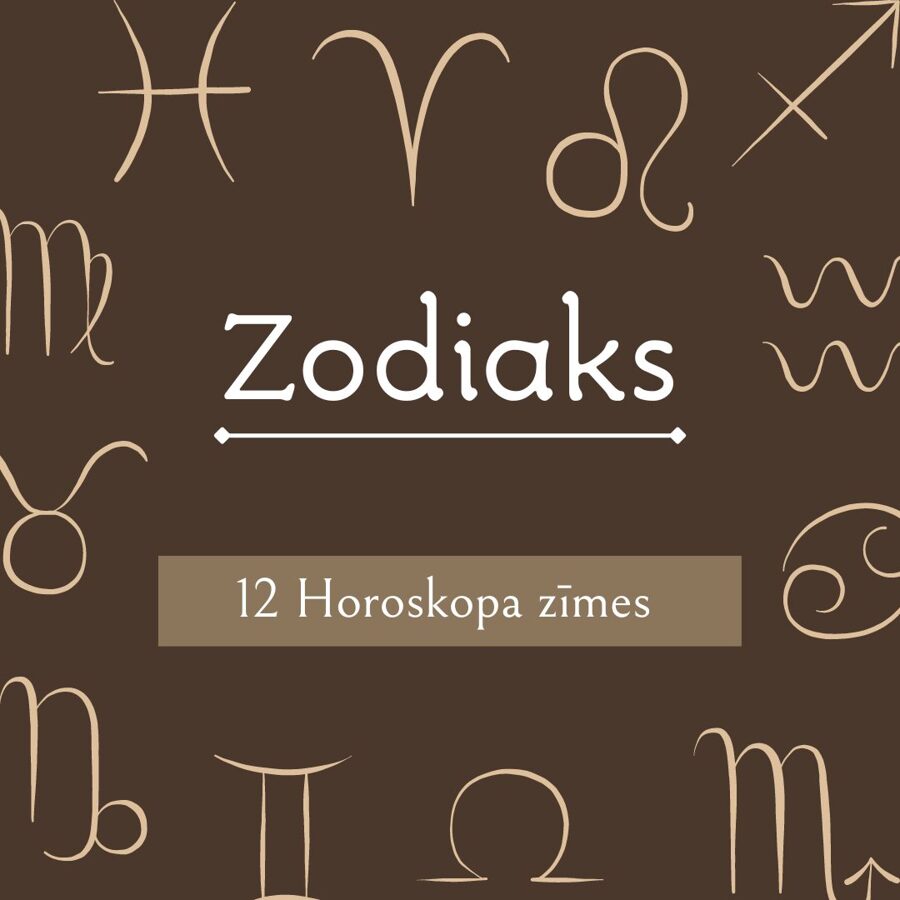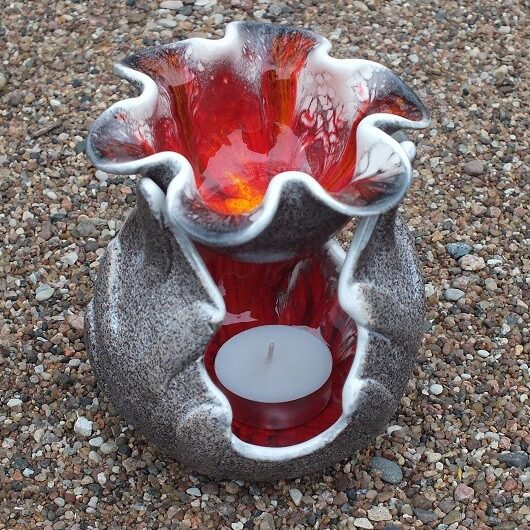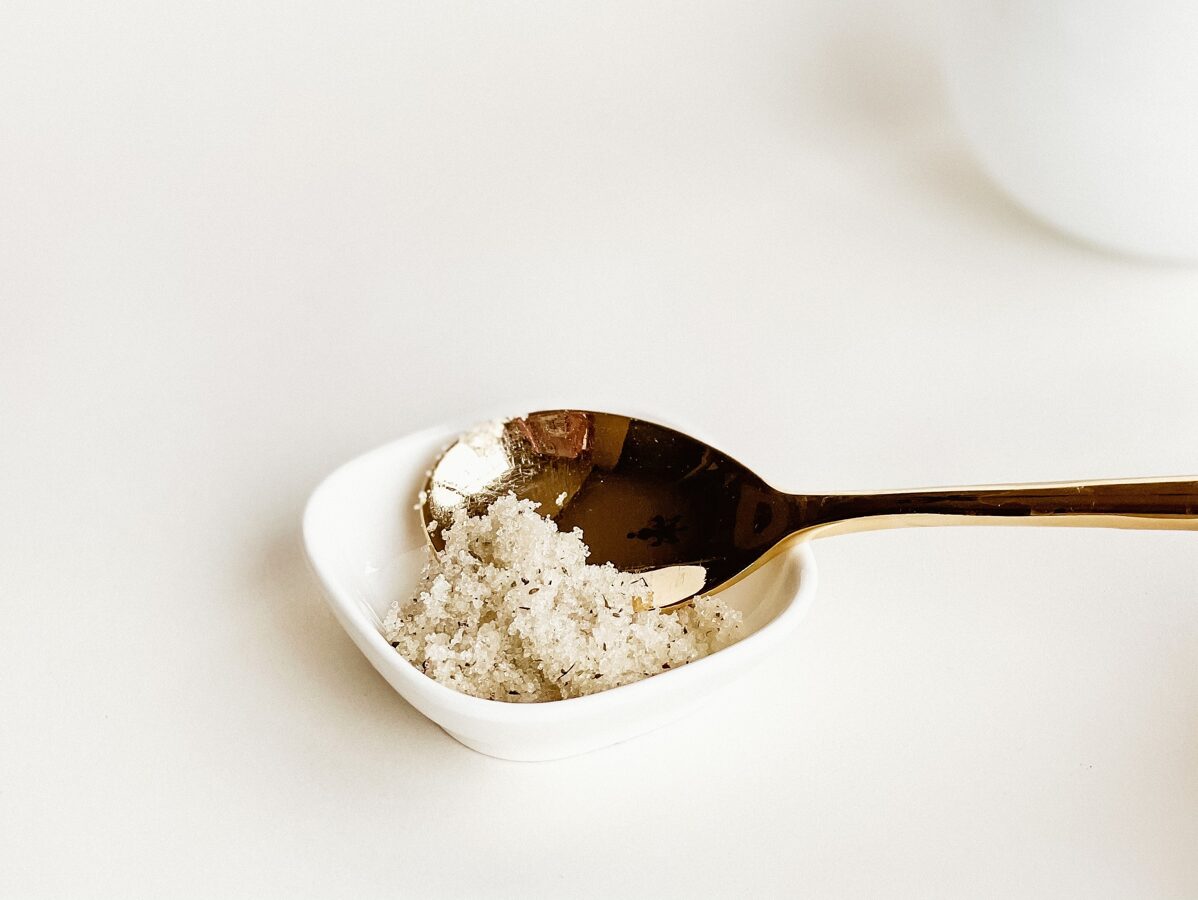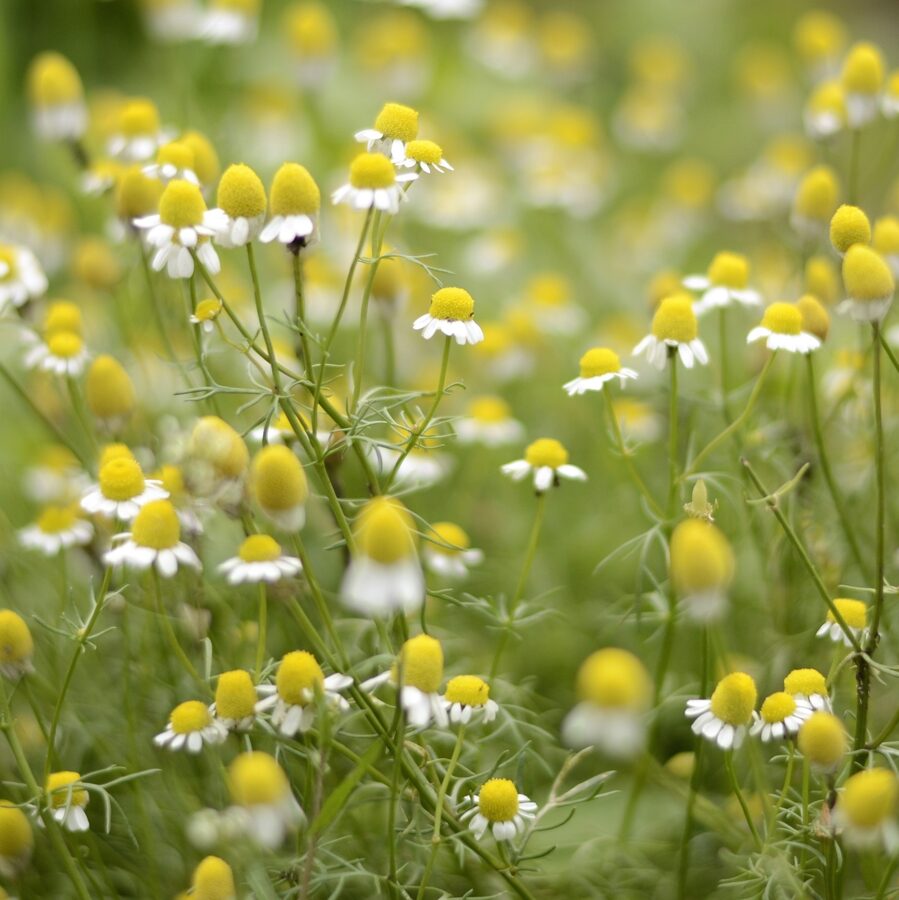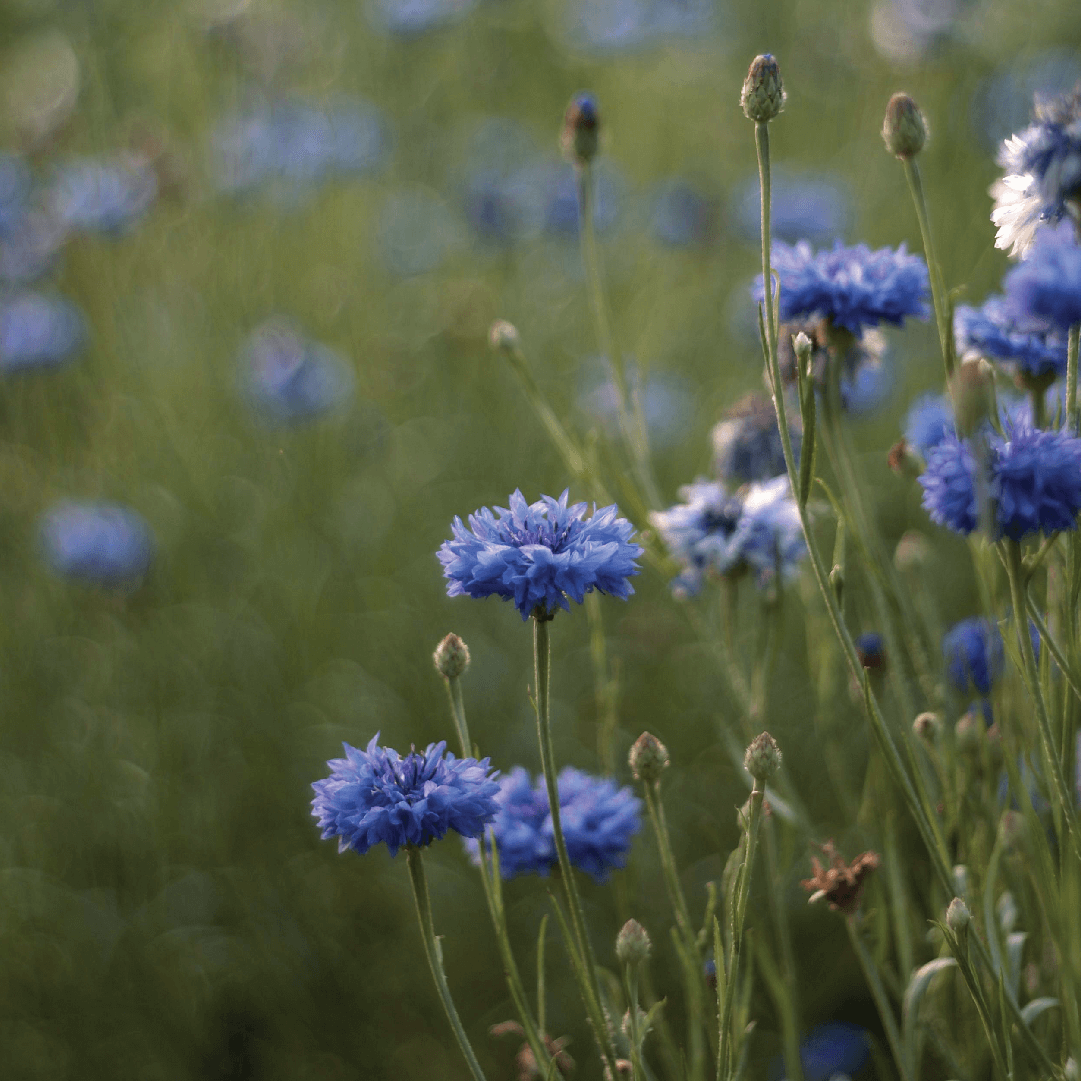The English physician, astrologer and botanist Nicholas Culpeper (1616-1654) studied plants in relation to astrology and believed that diseases could be treated with plants corresponding to the opposite planet.
Mercury's diseases are treated with Jupiter's plants, Venus' diseases are treated with Mars' plants, Sun and Moon's diseases are treated with Saturn's plants, Mars' diseases are treated with Venus' plants, Jupiter's diseases are treated with Mercury's plants and Saturn's diseases are treated with Sun and Moon's plants. [1]
[2]
Sunflowers usually have a straight stem and flower in midsummer. Sunflowers have a strong essential oil and the fruit has a sweet taste. Examples of sunflower are St John's wort, orange. The Sun corresponds to the zodiac sign Leo. Sun herbs cure cardiovascular diseases, strengthen immunity. Solar herbs are universal, they have an effect on self-confidence, independence, vitality, they are like an elixir of life.
Moon plants are characterised by white or pale flowers that smell strongly at night, tend to have milkweed on the stems, grow quickly, have leaves with speckles, watery fruit and often form new plants, grow in damp places. Lunar plants are e.g. honeysuckle, valerian, cucumber. The Moon corresponds to the zodiac sign of Cancer. The Moon's plants are associated with acute illnesses related to the Moon's influence on humans - inflammation, sleep and fertility problems. The effect of these herbs is soothing.
Mercura plants are fast-growing, have a long, branched habit and tiny blue, purple or bicoloured flowers. Merkur plants are, for example, all the chamomile family - dill, parsley, etc. Mercury corresponds to the zodiac signs of Gemini and Virgo. Mercury herbs activate the metabolism, act on the respiratory and nervous systems.
Venus plants have beautifully formed, fragrant, colourful flowers, beautifully formed simple shaped leaves, sweet fruits. Venus plants include quince, apple, strawberry. Venus corresponds to the zodiac signs of Taurus and Libra. Venus plants are responsible for metabolism, balancing hormones, treating diseases of the genitals, kidneys.
Mars plants usually have red flowers, sharp, fiery taste, strong essential oil. The branches often have thorns. Mars plants include, for example, nettle, barberry, monarda. Mars corresponds to the signs of Aries and Scorpio. Mars herbs help in blood renewal, reducing inflammation of digestive organs. The role of Mars plants is to regulate energy, to protect. They should be taken in small doses.
Jupiter plants have a large, majestic stature and large roots. Often the roots are more important than the above-ground part. The leaves are smooth, the fruit edible, often bitter. Jupiter plants are e.g. borage, oak, dogwood. Jupiter corresponds to the zodiac signs of Sagittarius and Pisces. Jupiter's herbs are similar to those of the Sun and are universal, oriented towards order, justice, optimism and happiness. Jupiter herbs act on the liver, joints, connective tissue.
Saturn plants are hardy fighters, not even needing much light to grow. They tend to have narrow leaves, the fruit often ripens in cold weather and are poisonous. Saturn plants are conifers, mosses, lichens. Saturn plants are often based on psychoactive substances. Saturn corresponds to the Capricorn and Aquarius zodiac signs. Saturn herbs have effects on bones, hair, teeth, skin, chronic and age-related diseases.
Many plants have more than one harmonious planet. For example, the yellow ray flowers and red sap of St John's Wort indicate the Sun, while the bitter taste and dryness of the leaves and stems indicate Jupiter. With knowledge of the basic elements of nature (see separate article), the planets and the zodiac signs, you can find the most suitable plants for a particular purpose. [1]
References:
[1] "Augu hidrolāti veselībai, labsajūtai un uzturam"; autores: Vaira Kārkliņa un Vineta Kulmane; Liepāja: LiePA, 2017. 224 lpp.
[2] http://astrolot.cz/apraxe/57vyhry_prohry.html













